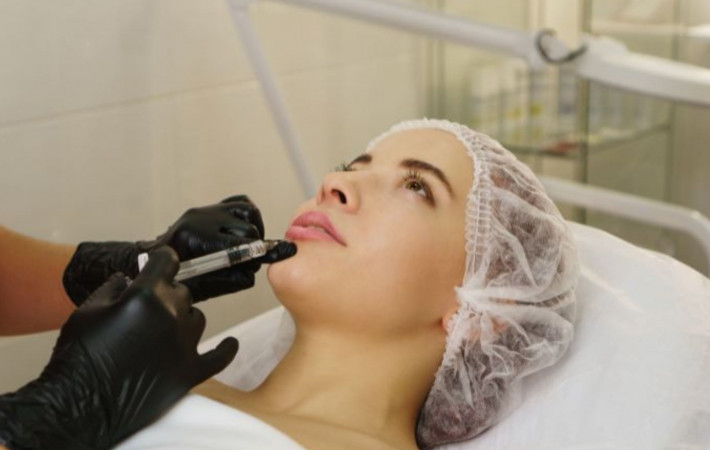12 July 2022
Safety in aesthetics – The importance of choosing the right cosmetic practitioner


Thinking about undergoing an aesthetic treatment or a non-surgical beauty treatment? Make sure you’re in safe hands first! Steve Hennegan, our personal injury expert explores the realms of unregulated cosmetic procedures.
The UK is one of few countries where treatments like Botox, lip-filler, and threads can be carried out by absolutely anyone. There are no minimum education, experience, or training standards – if you are aged 18 years or over, you can set up as a cosmetic practitioner.
As a nation we’re quite trusting and we assume that most of the products and services we consume must be safe, reliable, and that they must be regulated. However, currently there is no law, regulatory body or organisation which effectively polices this industry, despite the industry itself demanding regulation.
I recently met with Amanda Baldwin of The Attic Spa, Grimsby where we exchanged views and concerns regarding the lack of regulation within this growing industry.
We talked about the readiness of lip fillers, Botox, chemical peels, laser hair removal and other treatments in salons and hairdressers, and how this is a cause for concern. There is a wide range of different prices for these products and treatments, and with that comes a wide diversity in the quality and safety of these products, especially when used for quite invasive treatment.
This industry has seen incredible growth, and where according to the British Beauty Council, the beauty industry contributes some £28 billion to the UK industry, with half of that £28 billion coming from the beauty treatments sector. Whilst many benefit from these treatments, there is a serious public health issue bubbling under the surface.
As a personal injury lawyer, I’ve seen a number of enquiries following this kind of treatment and where the claim is against a party with limited experience and knowledge, qualifications, or without any insurance.
Both Amanda in clinic, and myself when acting for clients, are seeing the consequences of the actions of poorly trained injectors using inferior, poor quality products and where these treatments are performed in non-appropriate surroundings for example in a nail or hair salon.
Ensuring your practitioner is a medic is a good starting point if you are considering treatment. Medical professionals are held to different standards in comparison to say a nail technician offering lip filler in their nail salon.
Amanda is a qualified registered nurse with over 30 years’ experience. She’s a registered prescriber and runs her own busy medi-spa where safety and hygiene is paramount. Healthcare professionals such as Amanda are accountable to their own statutory body (General Medical Council, Nursing and Midwifery Council and so on), with each body issuing their own standards and guidance, all of which are designed to protect patients.
Amanda undertakes a full medical consultation in the first instance and explores any medical conditions and medications that may be contraindicated to treatment. Her nursing knowledge and drug prescribing qualifications allow this to be undertaken competently. Treatment will only then be provided once the patient has been given time to consider all the information and possible adverse side effects.
Often advising against treatments, Amanda has on rare occasions referred the patient through a care pathway for counselling and support over matters such as body dysmorphia, and low body esteem.
The Attic medi-Spa offers a whole range of beauty services, and being a nurse led clinic has the benefit of a wide range of prescribed medicines, treatment, and equipment to hand should an adverse reaction occur. All as well as having an insurance policy should something go wrong!
These treatments, whilst non-surgical in nature, still carry high risks. Poorly administered Botox in or around the eyes and forehead can result in drooping brows and eyelids, and (very rarely) blindness. Likewise, intradermal filler injections to the lips and face can result in vascular occlusion, which can lead to tissue necrosis. The results of which are distressing to say the least.
Go to an experienced medical practitioner who is registered with their own professional body and who will undertake a consultation with you prior to carrying out the treatment (you can find such practitioners on websites such as saveface.co.uk).
Discuss all aspects of the treatment, especially the risk and be honest about your medical history.
If you are advised against the treatment take their advice!
Ensure they are using UK approved products, don’t just go for the cheapest. Check the product out before it is used.
Ensure the therapist is insured should something go wrong.
If something does go wrong, report it, and seek immediate advice and treatment.
If you have any further questions relating to unregulated cosmetic procedures, please contact Steve Hennegan.

Contact Steve to discuss this further.